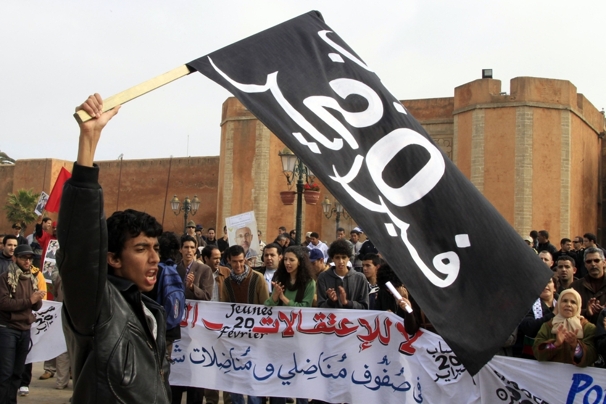A new survey of Arab youth found that religion and family are the most important factors in their personal identity.
The survey, conducted by ASDA’A BCW, the Middle East and North Africa’s leading communications consultancy, polled over 200 million Arab youth.

When asked what defines their personal identity, 27% of respondents said “my religion” and 27% said “my family/tribe.” Other factors cited included nationality (15%), language (11%), Arabic heritage (8%), gender (7%), and political beliefs (4%).
The survey also found that Arab youth are concerned about the loss of traditional values and culture. Over three-quarters (76%) of respondents said they are concerned about this, the highest percentage saying so in five years.
Nearly two-thirds (65%) of Arab youth said preserving their religious and cultural identity is more important to them than creating a more tolerant, liberal, and globalized society. This sentiment was strongest in the Levant (74%), the GCC states (72%), and North Africa (68%).

Reflecting the importance they place on their faith, a majority (73%) of Arab youth disagreed that religious values are holding the Arab world back, but nearly two-thirds (65%) said religion plays too big a role in the Middle East. Fewer Arab youth than in previous years feel the region needs to reform its religious institutions, down to 58% this year from 77% last year.
This sense of young Arabs embracing their religious identity is further reinforced by the finding that nearly two-thirds (62%) say the laws of their country should be based on Sharia standards and not civil or common law. This sentiment was consistent across all three regions covered: 68% in GCC, 53% in North Africa, and 68% in the Levant said they prefer Sharia laws to govern their nations.
Arab Youth See Language as Less Important Than Parents
Interestingly, while 11% of respondents said language is most important to their identity, over half (54%) said the Arabic language is less important to them than it is to their parents. This trend was seen across all three regions surveyed: 59% of GCC youth, 51% in North Africa, and 52% in the Levant said the Arabic language is less important to them.
The survey was conducted from March 27 to April 12, coinciding with the Holy Month of Ramadan.
Sunil John, President, MENA, BCW and Founder of ASDA’A BCW, said: “These findings reveal that Generation Z remains guided by faith, with their affinity toward their religion stronger than ever and many being concerned about what they see as the loss of traditional values and culture. What is evident is that Arab youth increasingly view their personal identity through the lens of religion, family and nationality.”
“Another compelling finding is that the Arabic language is not as integral to their sense of tradition or their cultural values as one might have thought, with a majority of young people across the Arab world agreeing that the Arabic language is less important to them than it is to their parents,” John added.
“The loss in importance given by Arab youth to the Arabic language is inevitably a symptom of the pervasive spread of the internet and social media. It is a cause for concern, most importantly, because of the Arabic language’s potentially diminished role as a unifying force among Arab nations.”
ASDA’A BCW commissioned SixthFactor Consulting, a leading research company, to conduct the 15th edition of the Arab Youth Survey through face-to-face interviews with 3,600 Arab citizens aged 18 to 24 in their home nations, the largest sample in the survey’s history.
The survey covered 53 cities across 18 Arab states, including for the first time South Sudan.
The interviews were conducted in person rather than online to maximise accuracy and to reflect the nuances of Arab youth opinion across the region as much as possible.
‘My Identity’ is the fourth sub-theme of the 2023 ASDA’A BCW Arab Youth Survey, whose overarching theme is ‘Living a New Reality’. Findings on ‘Global Citizenship’ were announced in June, followed by ‘My Politics’ and ‘My Livelihood’ in July.
Insights into the lifestyle of Arab youth, as well as their perceptions on topics as diverse as climate change, mental health and gender will be revealed in the coming weeks, making this year’s survey the most comprehensive in its 15-year history.

